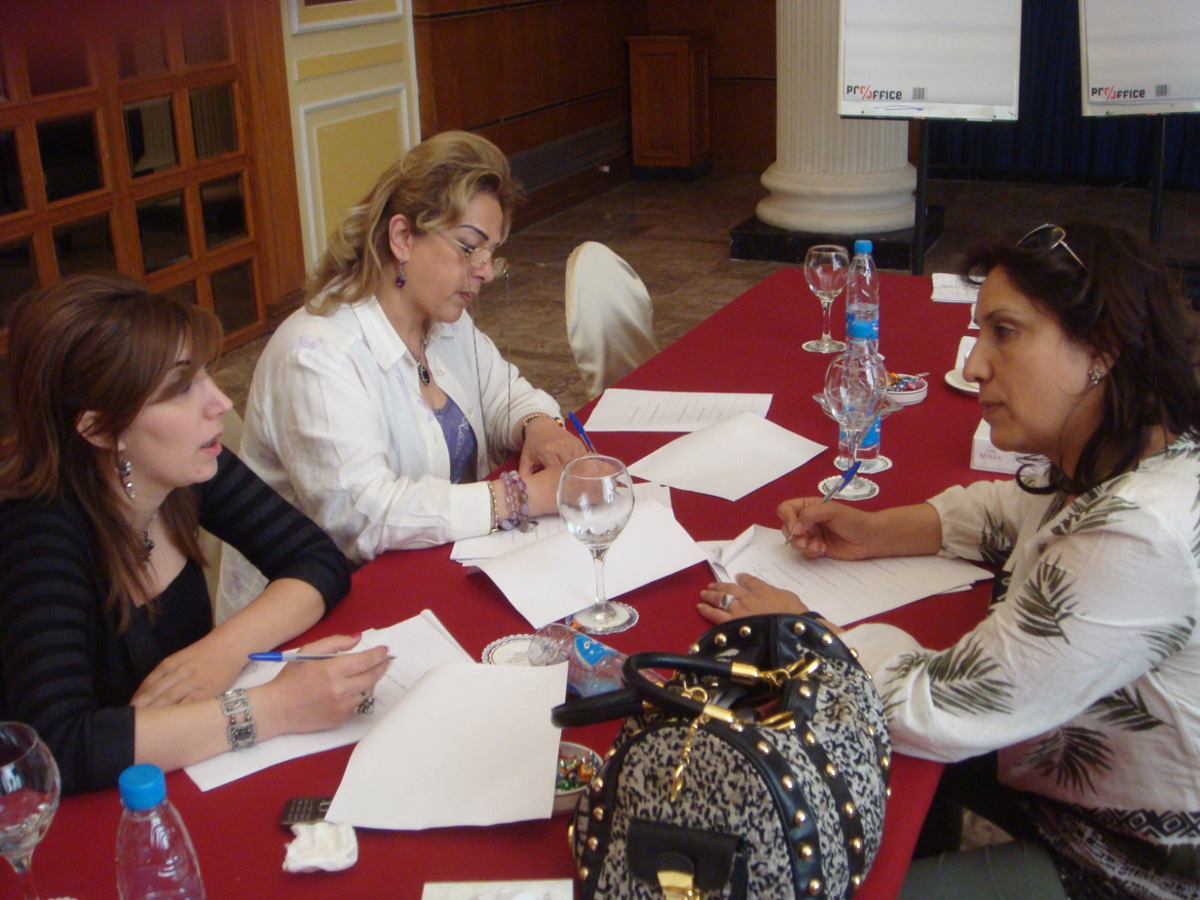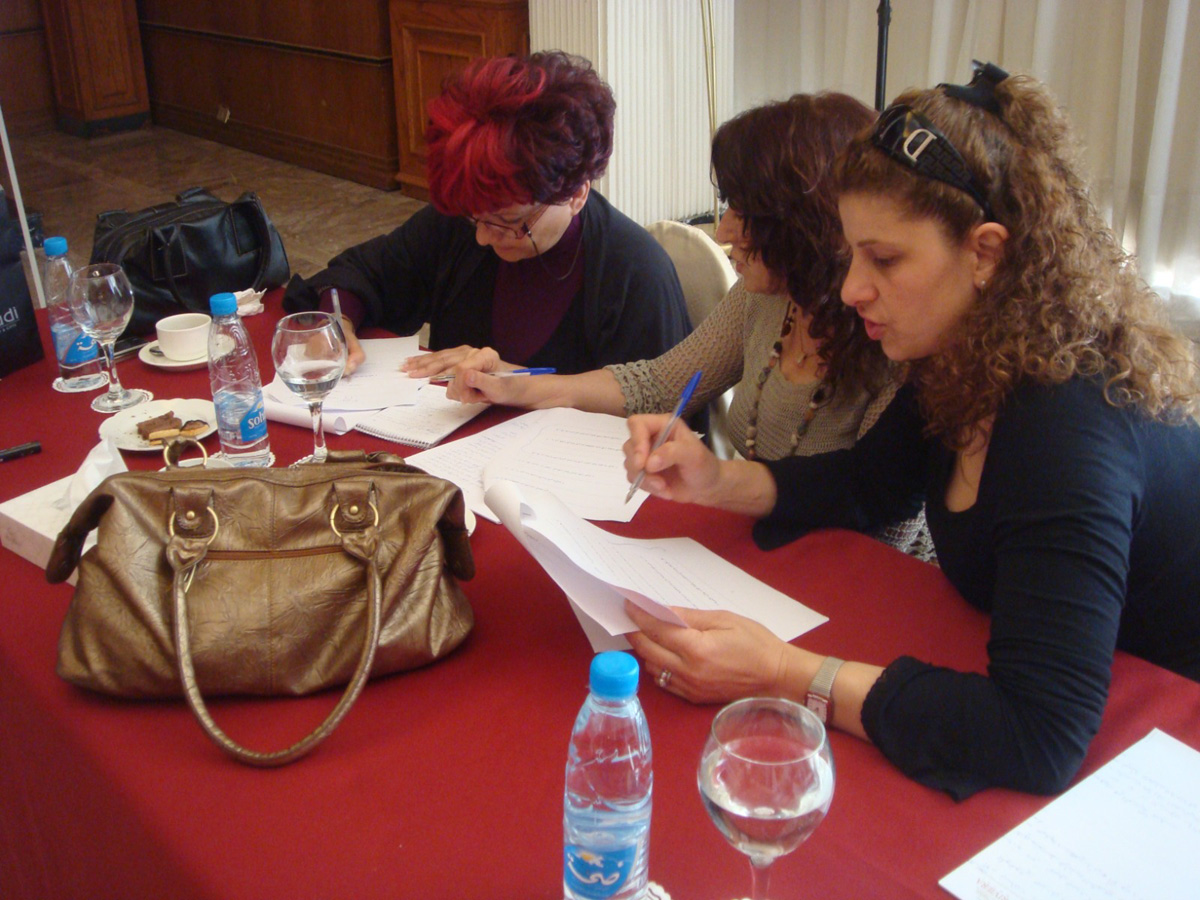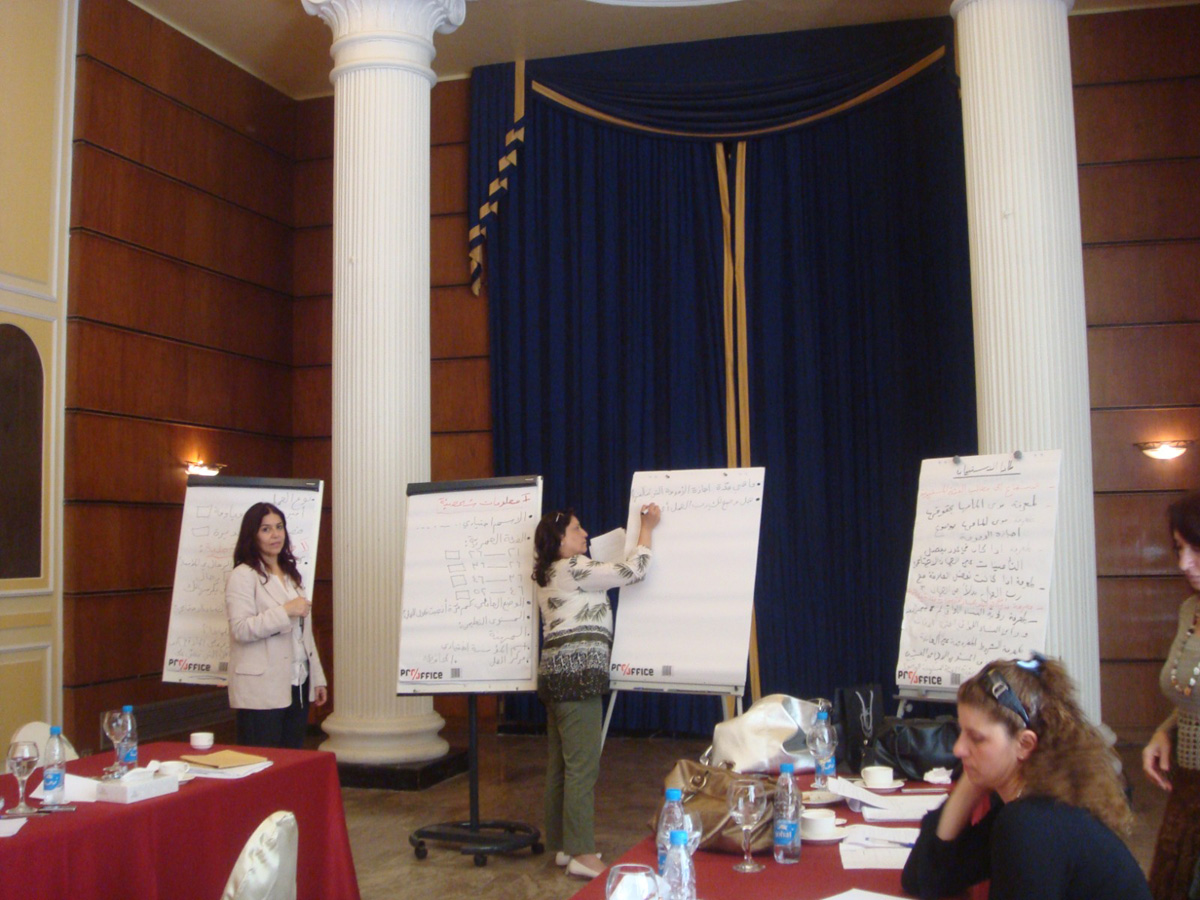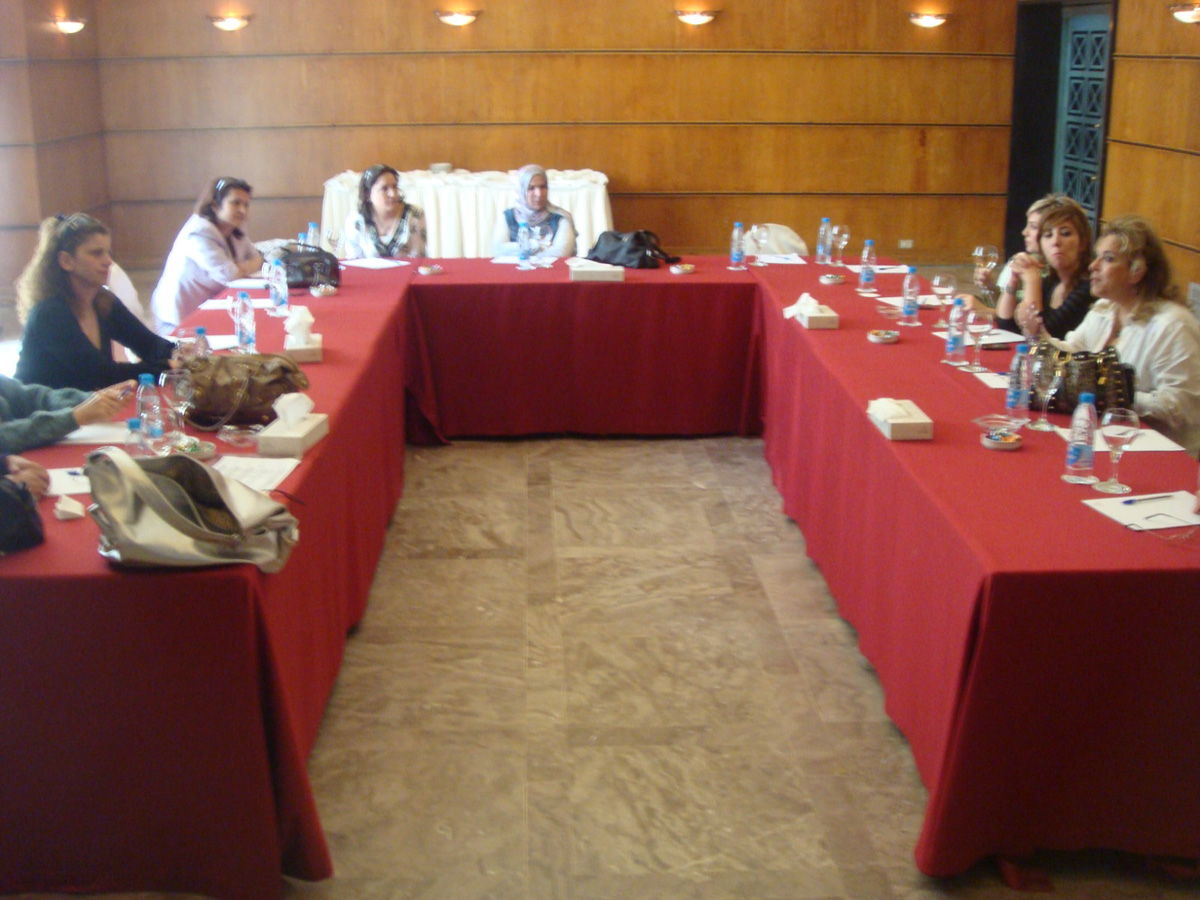Advocacy Campaign for Enhanced Maternity Leave Laws in Lebanon
- Home
- Advocacy Campaign for Enhanced Maternity Leave Laws in Lebanon
Advocacy Campaign for Enhanced Maternity Leave Laws in Lebanon
Under the existing labor law, the Maternity and Sickness Fund was established within the Social Security Fund. However, it is important to note that this fund is solely designated for “medical care,” and maternity compensation is collected directly from employers. This situation poses significant challenges for pregnant women and their families, as they often encounter obstacles in securing employment due to the employer’s responsibility to provide paid leave during the maternity period.
For more than a decade, Lebanese women have been advocating for the standardization of maternity leave across all sectors in the country. Currently, the public sector offers 2 months of leave, the private sector provides 49 days, and the education sector grants 2 and a half months. There is a pressing demand to shift the responsibility of maternity leave payment from employers to the Maternity and Sickness Fund. Many employers currently reduce the number of leave days or provide insufficient compensation, further exacerbating the issue.
To address these concerns, PCDD, in collaboration with a consortium of NGOs focusing on women’s issues, launched an advocacy campaign supported by the Dan Church Aid (DCA). The campaign involved conducting a comprehensive comparative study of maternity leave laws in neighboring countries and international agreements. It also included interviews with various stakeholders and roundtable discussions with working women to raise awareness about their rights. A public opinion poll among pregnant working women was conducted to identify the most suitable solution to this problem.
The campaign also encompassed lobbying efforts and engagement with the legal and justice parliamentary committee to advocate for improved maternity pay and the standardization of maternity leave duration.
It is worth noting that maternity leave was initially introduced in Lebanon under the Labor Code in 1994, and in 2014, the duration was extended from 7 to 10 weeks. This achievement represents a significant milestone for all women’s rights activists.
For more than a decade, Lebanese women have been advocating for the standardization of maternity leave across all sectors in the country. Currently, the public sector offers 2 months of leave, the private sector provides 49 days, and the education sector grants 2 and a half months. There is a pressing demand to shift the responsibility of maternity leave payment from employers to the Maternity and Sickness Fund. Many employers currently reduce the number of leave days or provide insufficient compensation, further exacerbating the issue.
To address these concerns, PCDD, in collaboration with a consortium of NGOs focusing on women’s issues, launched an advocacy campaign supported by the Dan Church Aid (DCA). The campaign involved conducting a comprehensive comparative study of maternity leave laws in neighboring countries and international agreements. It also included interviews with various stakeholders and roundtable discussions with working women to raise awareness about their rights. A public opinion poll among pregnant working women was conducted to identify the most suitable solution to this problem.
The campaign also encompassed lobbying efforts and engagement with the legal and justice parliamentary committee to advocate for improved maternity pay and the standardization of maternity leave duration.
It is worth noting that maternity leave was initially introduced in Lebanon under the Labor Code in 1994, and in 2014, the duration was extended from 7 to 10 weeks. This achievement represents a significant milestone for all women’s rights activists.




Stand with PCDD and be a catalyst for progress
Links
Join Our Mailing List
Contact
-
-
Beirut - Lebanon
-
P.O. Box: 14-5516
